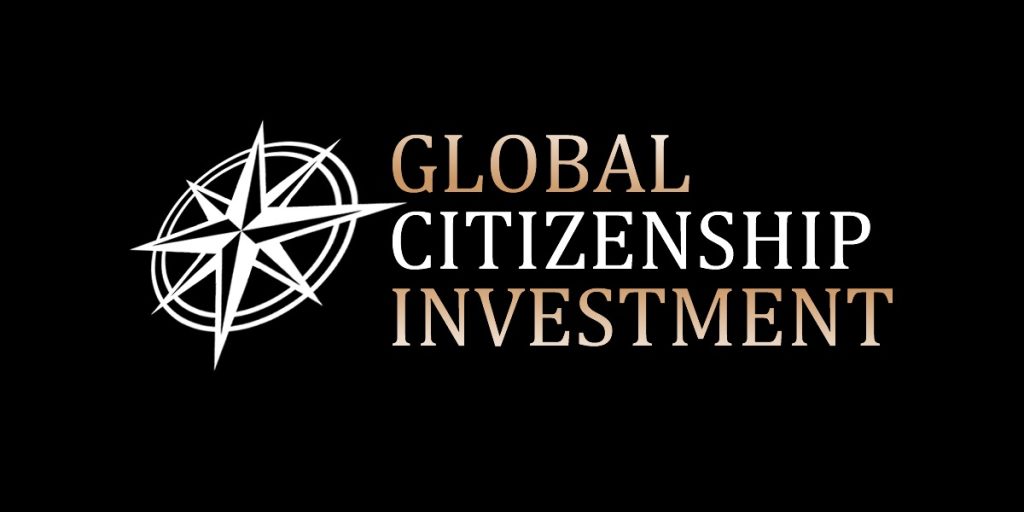Get a second citizenship, make your dream come true!
CITIZENSHIP NEWS
GCI UNIT Worldwide is a global leader in fast Citizenship and Residency Programs
Get a second citizenship, make your dream come true!
MONEY IS KING, BUT SECOND PASSPORT IS THE QUEEN !
Citizenship News from GCI UNIT Worldwide provides you with detailed information and news from around the world (Europe, Asia, Africa, Pacific, United Arab Emirates and the Caribbean) about all special programs to legally acquire additional (second) citizenship and passport. Of course, more background information, about acquiring citizenship through repatriation, or by exception, or how you can get a residency through investments. We offer a wide range of professional services such as: Immigration and business relations, company formation, real estate business, etc.
Our main goal is to help individuals throughout the process to obtain the desired citizenship and make their dream come true.
Reasons to hire us/apply for your second citizenship
CITIZENSHIP NEWS ARE FOCUSING ON EUROPE, AFRICA, ASIA, UAE AND PACIFIC
Global Citizenship Investment (GCI) department is a global provider for:
Citizenship Programs
- Honorary Citizenship
- Citizenship by Investment
- Residency Program
- Citizenship by Repatriation
- Citizenship by Descent
- Citizenship by exception (VIP & Economic Citizenship)
Therefore, we are proficient in identifying rare and exceptional opportunities around the globe for our clients and which combine mainly solid investments leading to benefits of permanent residency, passports, and citizenship in that country.
Apply directly through us, the leading, government-approved accredited agent for Vanuatu’s DSP and CIIP programs and as well as a recognized Special Envoy for Investments in various countries.







